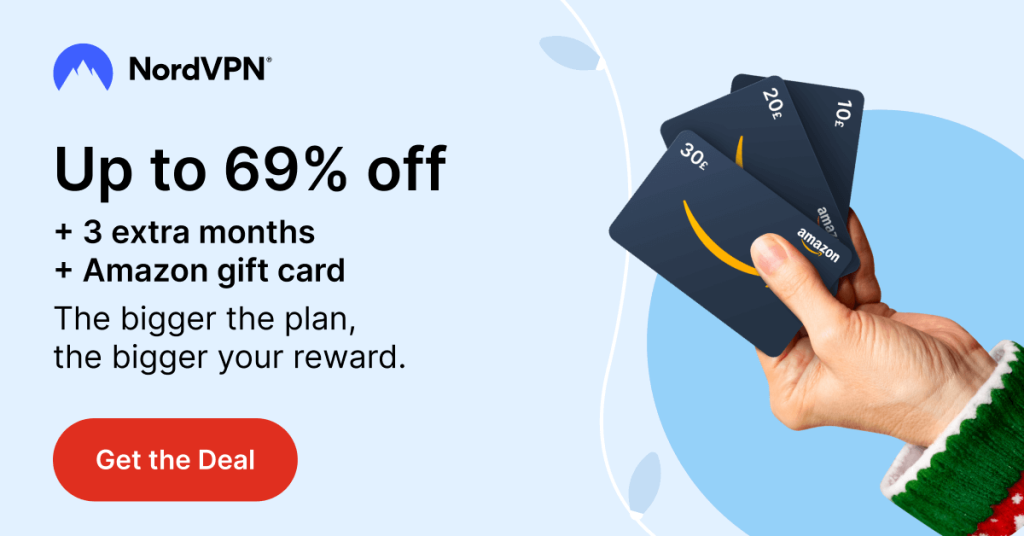In the age of technology, when concentration at work or school is increasingly difficult, with many distractions, people have begun to look for ways to help themselves better assimilate information and concentrate. Sometimes we all need something that will cheer us up and speed up the pace, especially when deadlines are right around the corner.
Music often plays the role of this little magical helper. But let’s see what the scientists say. To what extent has the influence of music on our productivity been confirmed by science?

Scientific view
First of all, we can take a look at classical music. A study called “Mozart Effect” conducted in the 1990s proved the influence of Mozart’s music on the brain. Scientists conducted a study where they found out that listening to Mozart’s music can help for some time by increasing an ability to solve problems connected with spaces. This incredible discovery is fundamental in future research on a similar topic.
Information Use !!
Concerned about online trackers and introducers tracing your internet activity? Or do you face geo-restrictions while streaming? Get NordVPN - the ultra-fast VPN trusted by millions, which is available at 69% off + 3 Months Extra. With the Double VPN, Split tunneling, and Custom DNS, you can experience internet freedom anytime, anywhere.

Next, in 2005, Teresa Lesyuk from the University of Miami wanted to find out if music helps in work. As it turned out, this is true, and music can improve mood, which leads to increased productivity.
A little later, in 2010, here comes Susan Hallam, with her research, claimed that music can help children to learn.
If next time work has stopped on the spot or studying is given with great difficulty, you can turn on the music without a doubt. This may help you pull yourself together and continue working with vigor.
Feelings and emotions
As we learned above, music is an incredible tool in a person’s hands on the way to productivity. Even now, a lot of people probably listen to music to concentrate. This can be indicated by numerous playlists on YouTube and Spotify. However, not only playlists for study and work are present on these sites but also playlists that should cause a certain emotion in the listener. Music has a unique ability to influence our emotions and cause numerous sensory reactions. Many scientific studies have been conducted on this element of the influence of music.
In 2019, Jacob Jolie conducted a study in which he demonstrated that music could cause physical reactions in the listener, such as “goosebumps” or ”chills”. This reaction was explained by the influence of music on sensory sensitivity, which caused such a physical effect.
In 2007 Stanford University researched that music can affect the brain in the same way as strong emotional experiences cause the same impulse, which explains how music can cause emotional reactions in the listener.
Moreover, a study conducted in 2013 by the University of Derby showed that music can be a great method of dealing with bad feelings. Thus, several scientific studies have proved music’s influence on a person’s emotional state and how it helps to relieve stress.
Intense musical genres, such as rock or techno music, can be good for doing physical chores or tasks requiring high energy. Fast and rhythmic music can enhance adrenaline and energy levels, making it excellent for sports or doing activities in a short amount of time. It’s crucial to realize that choosing a musical genre to boost productivity can be quite personal.
Personalization
For music to work effectively, you must understand the importance of personal preferences. However, I can share some useful tips about how exactly to fit music into your life:
- Use music in which there are no words or instrumental, classical music. Because of the words, you can be distracted from work, and music will not help you. Such music is easy to find – you can search for special playlists with music without words.
- Create a special playlist for work and play it every time during a certain work. This advice will take some time but have found the right music, you can use the Pavlov Effect on yourself and turn on the same music for work or study every time, and then you will get used to it being music for work – that is, the brain will be ready to work during this music every time.
- It is important to understand that breaks are a more important part of a productive day. Time planning is a difficult but important process. To distribute things and give yourself time to rest, and squeeze everything out of the day, you can use a daily planner. Creating a schedule for yourself, you can divide your free time into parts and provide yourself time when you create a dynamic playlist to relax, warm up, or even allow yourself to meditate with calm music in headphones. You should pick up the music you already know and love so that new melodies don’t distract you and you feel comfortable.
- Find your optimal volume. Loud or quiet music can only ruin the process. You need to choose the average value for yourself.
- Turn on some music when you see that your energy level is falling. If you are the one who prefers to work and study without music, you can start to work in silence. Then, when you realize that your concentration begins to dissipate, you turn on music, and this can help improve your attitude to work and increase productivity.
- We suggest using a Pomodoro method. This approach involves alternating short periods of intense work (usually 25 minutes) with short breaks (usually 5 minutes), during which listeners often choose calm, meditative music to reduce stress levels and restore concentration.

How is music already used in our daily lives?
Music has become an important tool for improving productivity in various fields of activity. It is used in workplaces, schools, and even gyms to stimulate concentration and boost the results of workouts.
In educational institutions, classical music is sometimes used to create a calm and focused environment conducive to learning. Research shows that this can be especially useful for students with difficulty concentrating.
In gyms and fitness centers, music is used to increase motivation and energy. Dynamic and fast tracks can help athletes reach a new level of training intensity.
Thus, music finds practical application in various spheres of life, helping people increase productivity and achieve better results.
Disclosure: If we like a product or service, we might refer them to our readers via an affiliate link, which means we may receive a referral commission from the sale if you buy the product that we recommended, read more about that in our affiliate disclosure.

